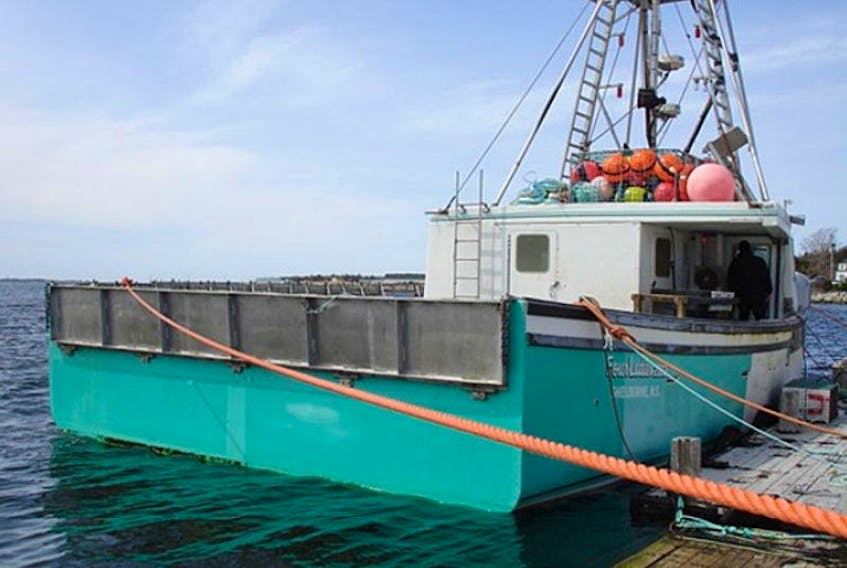It’s an old song.
But it seems we have to keep singing it until something changes.
Two weeks ago, The Globe and Mail ran a feature story on the fishing industry, pointing out, as others have for years, that the industry is one of the most dangerous in Canada.
The newspaper mined statistical data to show just how dangerous the profession is: out of all professions in Canada, three different fishing occupations were in the top 10 of Canada’s most dangerous.
Fishing vessel deckhand was the second-most dangerous occupation in the country. Fishing vessel skippers and fishers came in at fifth place, and aquaculture and marine harvest labourers ranked sixth. If you lumped all three of the job designations together, with death rates at 178 deaths per 100,000 workers, the death rate would wildly outstrip Canada’s most dangerous occupation — chainsaw and skidder operators — which has a death rate of just 81.7 deaths per 100,000 workers.
That fishing is inherently dangerous is well known: combine heavy equipment, uncertain and changeable weather and sea conditions, hard physical work and the need to capture every available dollar just to stay in business, and it’s easy to see the risks.
But Canada’s Transportation Safety Board has been pointing out for over a decade that the fishing industry is lagging behind even other marine businesses.
Things that would help? There are many.
Making safety the first and most deciding factor, even when it comes to things like fisheries regulations, would be a start.
Distinguish between different fishing fleets based on capacity, rather than on length, so that vessels can be designed to be as seaworthy as possible.
Make weather conditions a deciding factor — one of the first things considered — for opening dates and for dates when fishers are required to land their gear. Short openings and fatigue are also an obvious problem in competitive fisheries. Why not, if you have a short opening, spread it over a series of days, so captains and crew aren’t tempted to operate for days at a time with limited sleep?
Ensure that owner-modified or built vessels are inspected for safety and stability — after all, in what other business would workplace safety staff allow private modification of equipment and safety devices?
Protective gear — personal floatation devices, immersion suits — have to fully keep the profession in mind, including the amount of movement and comfort involved, to reduce the excuses given for not wearing them. That, at least, is already happening, though some specialty vests can cost as much as $400, with price making its own limitations.
Those are just a few suggestions.
Everyone has a part to play in making the industry safer and more responsible.
Until safety is always first, fishers will die unnecessarily.
Fishing will always be dangerous — it’s a big and unpredictable ocean — but it shouldn’t be more dangerous than it has to be.









